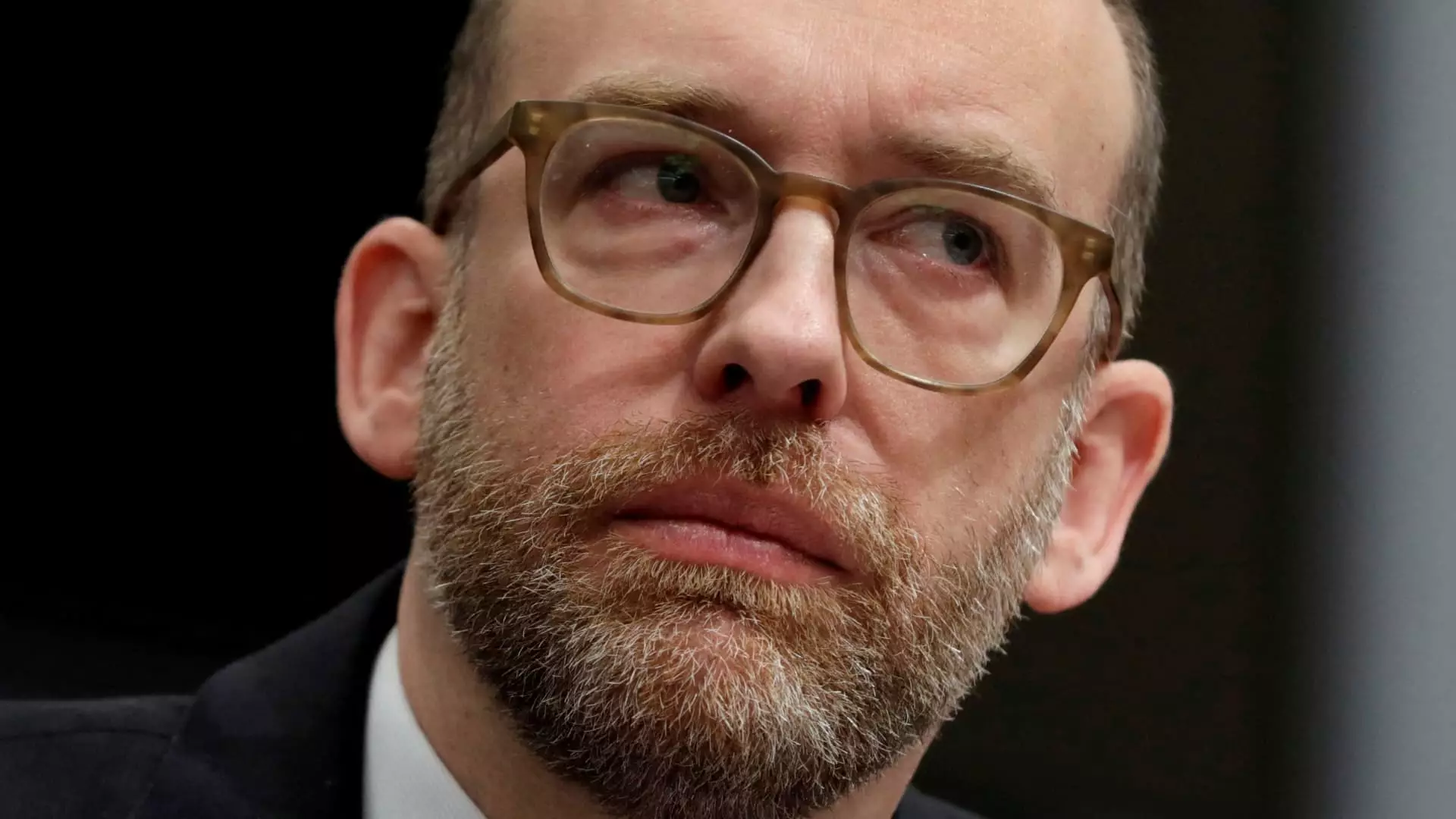On a disillusioning Tuesday, the Consumer Financial Protection Bureau (CFPB) dropped its lawsuit against Early Warning Services, the company behind Zelle, and three prominent banks: JPMorgan Chase, Bank of America, and Wells Fargo. Initially filed in December, the lawsuit alleged that these financial giants failed to address fraud complaints and adequately reimburse affected customers. This dismissal isn’t merely procedural; it signifies a broader failure of regulatory oversight that puts consumers at risk while protecting corporate interests.
A Troubling Pattern for Consumer Advocacy
This dismissal adds to a concerning trend under acting Director Russell Vought’s leadership at the CFPB, where the agency has seemingly retreated from pursuing accountability for banking giants. The abandonment of this legal action marks at least six similar cases dropped since Vought’s tenure began. The casual dismissal of critical consumer protection cases raises questions about the regulatory agency’s priorities and its commitment to protecting the public. Are we witnessing a systematic rollback of consumer safeguards that once held financial institutions accountable for their practices?
The Cost of Negligence
According to the CFPB, consumers connected to Zelle have lost over $870 million since the service’s inception in 2017. This staggering figure underscores a grim reality: while Zelle has profited and grown—recording more than $1 trillion in transaction volume last year—its effectiveness in protecting users from fraudulent activities has come under scrutiny. In a market that increasingly relies on digital transactions, consumers are left vulnerable, with the CFPB’s inaction signifying a dereliction of duty at a time when their guidance is desperately needed.
Corporate Denial and Regulatory Apathy
Post-dismissal reactions from Zelle and JPMorgan highlight a troubling dismissiveness toward serious allegations. Zelle labeled the CFPB’s lawsuit as “legally and factually flawed,” essentially downplaying the gravity of the situation. An attitude is prevalent in corporate America, where accountability is often paid lip service while scams proliferate unchecked. As Lindsey Johnson of the Consumer Bankers Association asserts, banks are without fault—claiming a national security problem requires a collective response. Yet, isn’t it the banks’ responsibility to protect their customers first?
A Call for Resilience in Regulatory Actions
Consumers should be outraged. The implications of the CFPB’s recent decisions could lead to an erosion of trust in digital payment platforms, which are marketed as safe and reliable. The lack of rigorous consumer protections invites alarm and should compel citizens to advocate for stronger regulatory measures. Engaging public discourse on consumer rights in the face of financial innovation has never been more critical.
As darkness looms over the future of consumer protection, we must ask: will the regulatory agencies rise to the occasion, or will they — like the CFPB under Vought’s leadership — continue to capitulate to large financial institutions? The stakes are too high for complacency; it’s time for a renewed commitment to consumer security in the evolving landscape of digital transactions.

